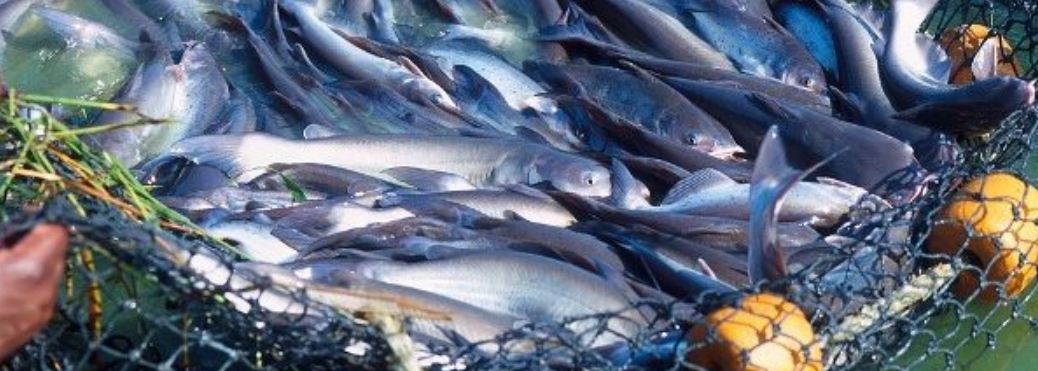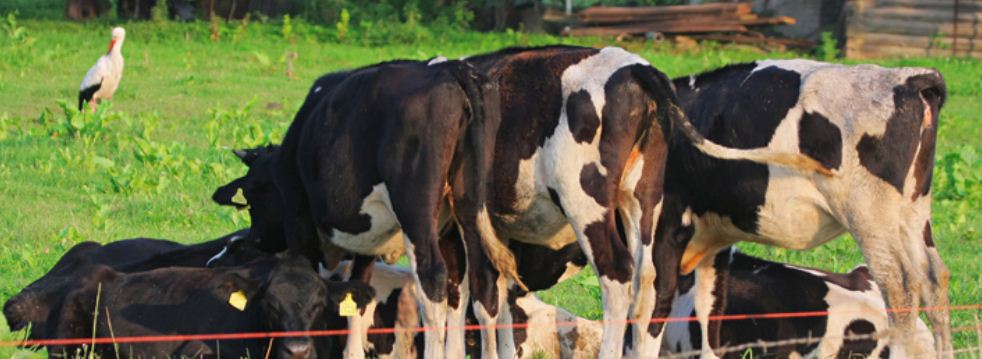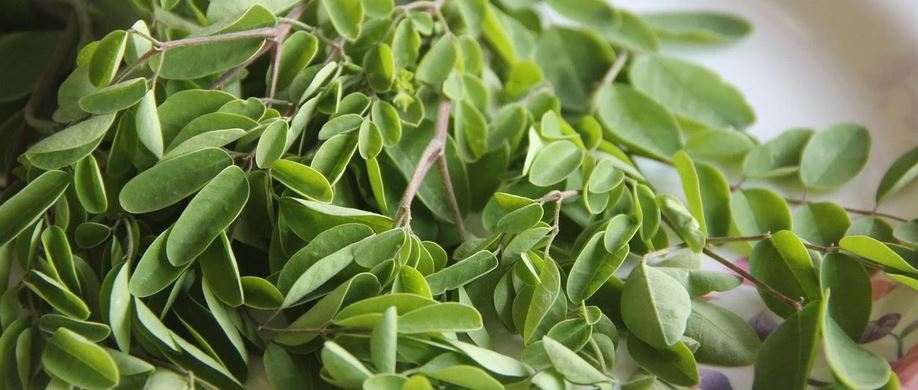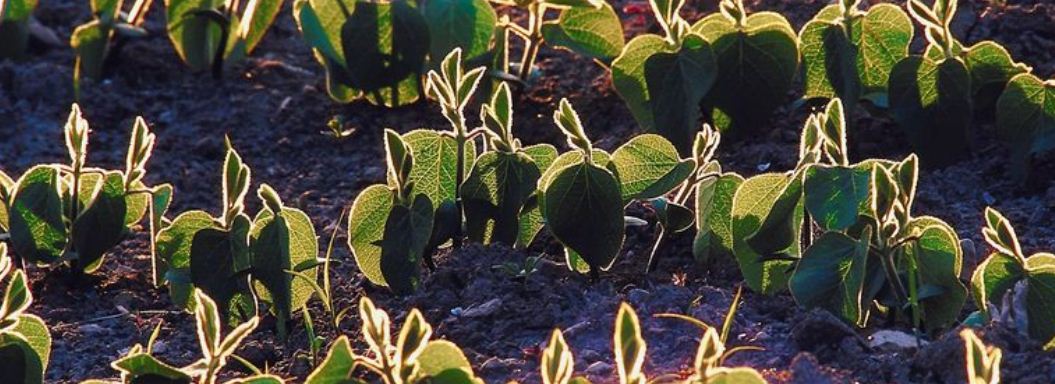Steps to Follow When Starting Organic Fish Farming

Organic fish farming is a method of fish raising different kinds of fishes that involve using natural steps than applying pesticides, antibiotics, fertilizers or artificial applications in raising fishes. It yields lots of than conventional fishing practice.
This is a kind of fishing practice; fishes are allowed to grow under natural conditions using the principles of organic agriculture without preservative additive or genetic modification such as growth-promoting hormone, artificial or man-made food or supplements.
It might be difficult at the early stage but it tends to give more profit because it is pricey and people prefer it too than its counterparts because they won’t have any fear of the harmful effects of chemicals used in other kinds of fishing and what it can cause.
Organic fish farming business through tasking in most cases has been on the increase since consumers discover the harmful impacts of inorganic aquaculture practices.
Do you want to start or switch to an organic farm business, below tips will help you:
1. Get a Land Suitably Located
Find a suitable location where you would like to establish your fish farm upon which the ponds are built. A good location of land matters a lot for any business to become successful.
Bear in mind that unlike other types of fishing practices that this kind of fishing requires providing the fishes with a natural-like environment ranging from feeds to other supplies.
Certain factors need to be put into consideration while getting a location for organic fish farming such as the one mentioned above. Again, the land should be a level of land that is accessible with close proximity to your target market.
2. Know The Regulations & Standards
Organic fish farming unlike other types of fish farming practices has its own standards and regulations.
As an agriculturist who wants to venture into organic fish farming, you should understand fully what organic farming is all about. An idea was provided on this at the beginning of this article.
Regulations and standards for organic fish farming is a way to guarantee that the fishes remain close to nature in natural freshwater with organically made fish feed.
Regulations and standards involved are the basic conditions and the management techniques which must be governed by the physiological and ethological needs of the animals in question.
It also applies to the breeding stage. The breeding practices and approaches applied in organic aquaculture effect as little as possible the natural behavior of the fishes. Therefore, you should ensure natural breeding methods in this kind of fish farming.
3. Consider The Source of Water Supply
The major and most important requirement in any type of fish farming business is water or rather water supply. There is no fish farm without water.
Fishes are raised inside the ponds that should contain enough quantity of water for their survival. Fishes are aquatic creatures that cannot survive in the poor water supply.
In the case of organic fish farming, the fishes need adequate and chemical-free water supply sources.
Borehole water remains the best option for water source since the water is not chemically treated. Therefore, secure a borehole close to your farm for water supply or make provision for other means of natural water supply.
4. Pond Construction
Constructing a pond for fishes is equivalent to getting a shelter for human beings. What am I saying here? What I mean is that every commercial fish farm whether inorganic, organic or indoor needs a suitable pond.
The ponds should be measured with some standards depending on the size of the farm and the number of fish that will be in each pond.
Plumbing fixtures and drainage systems should be fixed appropriately because pond water needs to be drained and refilled with fresh water from time to time.
For this reason, you need a professional that will fix everything perfectly with the correct measurements to avoid inconveniences.
5. Get Good Organic Juvenile
Organic juvenile fishes are advisable to start within any kind of fish farming instead of fingerling fish. Fingerlings are fishes between the ages of 0 to 4 weeks while juveniles are the group within the age range of 4 to 8 weeks.
Stock the pond with healthy and quality juvenile depending on the species you choose to try first.
Juvenile fishes are prone to mature to table fish within 2 months provided that they are been supplied with good quality of water and organic feeds. It is most important to consider their feeding source and management.
The outcome is always great with juvenile once proper management is applied. However, you can still breed fingerlings with organic feed if you have a clear insight of how to do that successfully.
6. Learn to Make Organic Fish Feed
At first, this kind of business is capital intensive as it required “natural everything” from the breeding of the fishes to feeding, etc.
The feeds for organic fishes must contain certified organic agricultural products and ingredients that conform to the NOP's national list of materials acceptable for organic agriculture production.
So instead of spending money on buying of fish feeds and other things you can learn how to make some yourself which will help cut down the cut.
Inorganic fish production, the fishes must be provided with a good quality regimen well balanced according to the nutritional needs of the creature.
A feed is only offered to the fishes in a way that allows natural feeding behavior, with the slightest loss of feed to the environment.
Organic fish feeds incorporate by-products from organically processed food and wild marine feed resources that are not sited otherwise for the consumption of man.
7. Identify with The Professional Body
Know that in most countries of the world where this kind of fishing is practiced that there are professional bodies that certify such business.
National Organic Program-Organic Aquaculture Standards is one of the standard organizations that provide standards and certification for organic fish farming.
Agencies or departments for this kind of fishing practice help to advise and provide better guidance on how to breed healthier organic fishes and as well address any issues you may be struggling with.
They also help to recommend fish farms or rather fish farmers to restaurants or people searching for organic aquarium fishes.
So you need to find the appropriate certifying body in your area and identify with them for necessities. When you meet up to their standards, they will provide your business with certifications that show its authenticity.
You have to adhere to their strict rules and standards as well, though depending on your locality, such agencies restrict organic farmers from using antibiotics, pesticides and other man-made products which will cover all the areas of the fish life from breeding to health and nutrition.
8. Marketing Organic Fishes
Organic fish farming practice though has different standards and different management schemes are easily marketed.
Marketing is one of the premier factors in business management. The market for organic aquaculture generally shows strong growth across the globe today.
Sustainably sourced organic fishes such as fish from salmon fillets, mackerel king prawns and others are on high market demands today.
Conclusion
Organic fishing business might come with lots of challenges such as being easily affected by diseases, difficulty in sourcing for organic juveniles, high production and feeding cost, and more but at the end, it is rewarding because it is highly sought after and is being sold at higher prices because of its health benefits.




